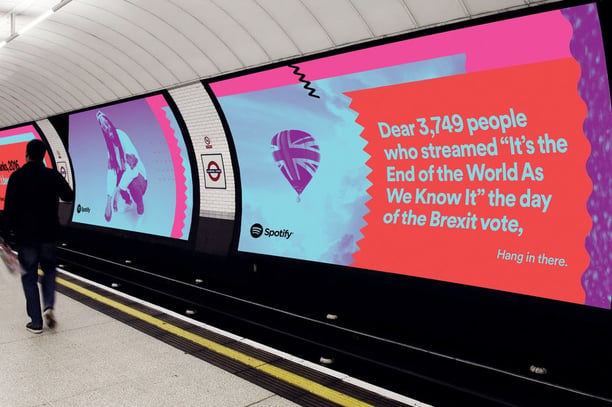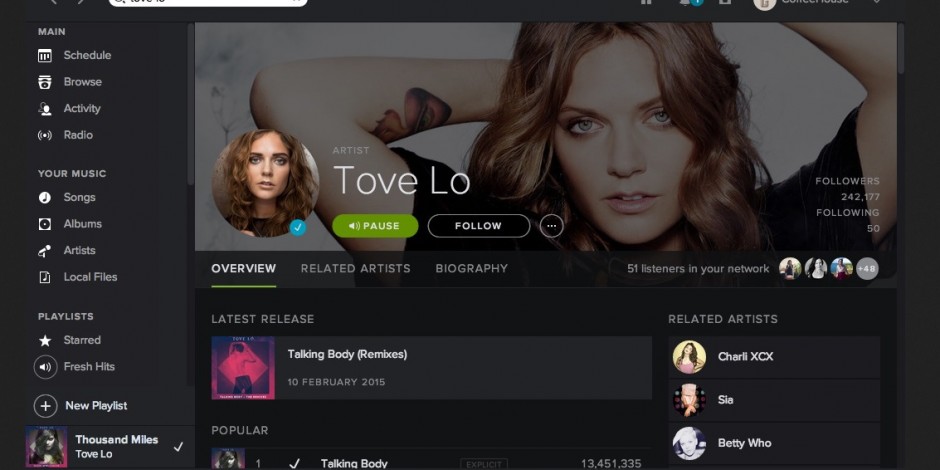Pearson: Project Literacy
Project Literacy, the global campaign led by Pearson and FCB Inferno, has received international praise for its inspiring message and efforts to tackle the pressing issue of illiteracy.
Based on the discovery that illiteracy impacts over 750 million people worldwide, or one in ten people alive today, Pearson set out to raise awareness that this crisis contributes to a large portion of the world’s biggest problems.
Driving the message that words have the power to end illiteracy, the campaign included a 90-minute film with a particularly harrowing narrative and a social media campaign that onboarded a whole host of influencers.
In less than a week, #ProjectLiteracy reached over 10 million people on Facebook, while the film has now earned more than 12.8 million views, with Project Literacy being asked to join the UNESCO Global Alliance for Literacy. Emilie Colker, Vice President of Brand and Social Impact at Pearson, founding partner of Project Literacy says:
“This campaign has brought a largely invisible issue to the attention of millions.”
About Pearson
We’re here to keep the whole world learning In a fast-changing world, education is the key to success. For many people, learning is the route to a job to support their family or the skills to help them make progress in their career. For others, it’s simply a lifelong passion for discovery. For every learner, at every stage of their life, education is the path to opportunity and fulfillment. Our world-class tools, content, products, and services are designed to help people adapt to our changing world, navigate its challenges and opportunities, and ultimately make progress in their lives. Because where learning flourishes, so do people.We want to improve access and outcomes in education for learners around the world. We do this by combining expert content and assessment, powered by our services and technology. We’re proud to be a trusted partner to schools, colleges, and students.
- Content and platforms such as MyLab, Revel, Bug Club, enVisionMATH, and SuccessMaker, plus leading author brands such as Campbell, Hubbard, Ciccarelli, and Martin-Gay
- Assessments such as GCSEs, A levels, BTECs, WISC-V, PTE Academic, and school assessments using TestNav
- Services such as Pearson VUE, Pearson Institute of Higher Education, Connections, and English Language centers, e.g., Wizard and Wall Street English











